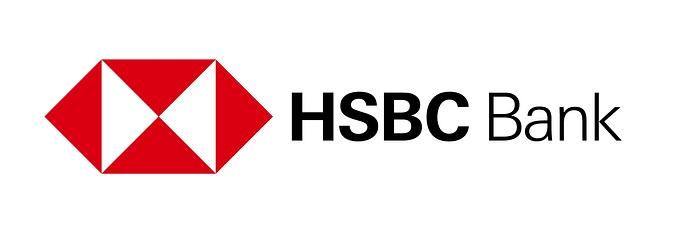But that won’t impact monetary policy decisions, says governor

Article content
Bank of Canada governor Tiff Macklem acknowledged Wednesday that the central bank is on track to lose money for the first time in its history.
Advertisement 2
Article content
Macklem said the Bank of Canada’s net interest income — the difference between interest revenue from assets and its cost of servicing liabilities — will soon turn negative, if it hasn’t already. He insisted, however, that the dynamic wouldn’t shake the central bank’s ability to conduct monetary policy and its decisions would be guided by its price and financial stability mandates.
Article content
Article content
“After a period of above-average income, our net interest income is now turning negative,” Macklem said in opening remarks to the House finance committee on Nov. 23. “Following a period of losses, the Bank of Canada will return to positive net earnings. The size and duration of the losses will ultimately depend on a number of factors, including the path of interest rates and the evolution of both the economy and the balance sheet.”
Advertisement 3
Article content
Macklem updated the committee on the balance sheet, noting that it peaked in March 2021 at $575 billion, and as of last week, had dropped to $415 billion — a decline of 28 per cent.
When the central bank launched its first foray into quantitative easing (or QE) at the onset of the pandemic, it was increasing the money supply by purchasing government bonds and other assets in an effort to stimulate the economy and keep borrowing accommodative by bringing rates to near-zero.
During that time, the Bank of Canada had been purchasing $5 billion worth of bonds a week until the end of 2020 before slowing its pace and then stopping altogether in October 2021.
Fast-forward to 2022. The Bank of Canada has raised the policy rate six times since March, taking the benchmark rate to 3.75 per cent from 0.25 per cent. Higher rates increase the interest payments the Bank of Canada pays on settlements it created to purchase financial assets during its QE campaign.
Advertisement 4
Article content
Most economists say the central bank’s financial circumstances shouldn’t cause a significant ripple through the economy and the institution isn’t in the business of making money in the first place.
The Department of Finance and Bank of Canada have yet to provide details on how they plan to address the issue, though Macklem said there needs to be a solution and expects one is coming.
Senior deputy governor Carolyn Rogers said other central banks are also grappling with this problem and highlighted a few potential solutions.
“What (the U.S. Federal Reserve has) done is they will take the negative equity, they will turn it into a deferred asset and then they will run that deferred asset down over time as earnings turn positive again,” Rogers said.
Advertisement 5
Article content
Other central banks have their governments put an indemnity in place to offset the negative equity. “The Bank of Canada has an indemnity in place right now, but that indemnity covers what we call ‘market losses’. So, those losses would occur if we were to sell assets. We’re not planning to do that.”
Two other options would be to extend the range of indemnity or to change the legislation in the Bank of Canada Act to allow the central bank to retain its earnings to cover losses instead of returning them to the government, she said.
-

Opinion: The problem of the Bank of Canada’s ballooning balance sheet
-

Bank of Canada’s Carolyn Rogers flags first-time homebuyers facing ‘trigger rates’ as risk
-

How Stephen Poloz thinks Canada can solve labour shortages and its lagging loonie
Advertisement 6
Article content
Macklem reiterated that the Bank of Canada’s focus remains trained on bringing price pressures back to balance, which the central bank expects to return to its two per cent target by the end of 2024.
“The Bank of Canada’s job is to ensure inflation is low, stable and predictable,” Macklem said. “We are still far from that goal. We view the risks around our forecast for inflation to be reasonably balanced. But with inflation so far above our target, we are particularly concerned about the upside risks.”
• Email: shughes@postmedia.com | Twitter: StephHughes95
Listen to Down to Business for in-depth discussions and insights into the latest in Canadian business, available wherever you get your podcasts. Check out the latest episode below:
Advertisement
Bank of Canada is losing money for first time, says Tiff Macklem
2022-11-24 14:43:23




